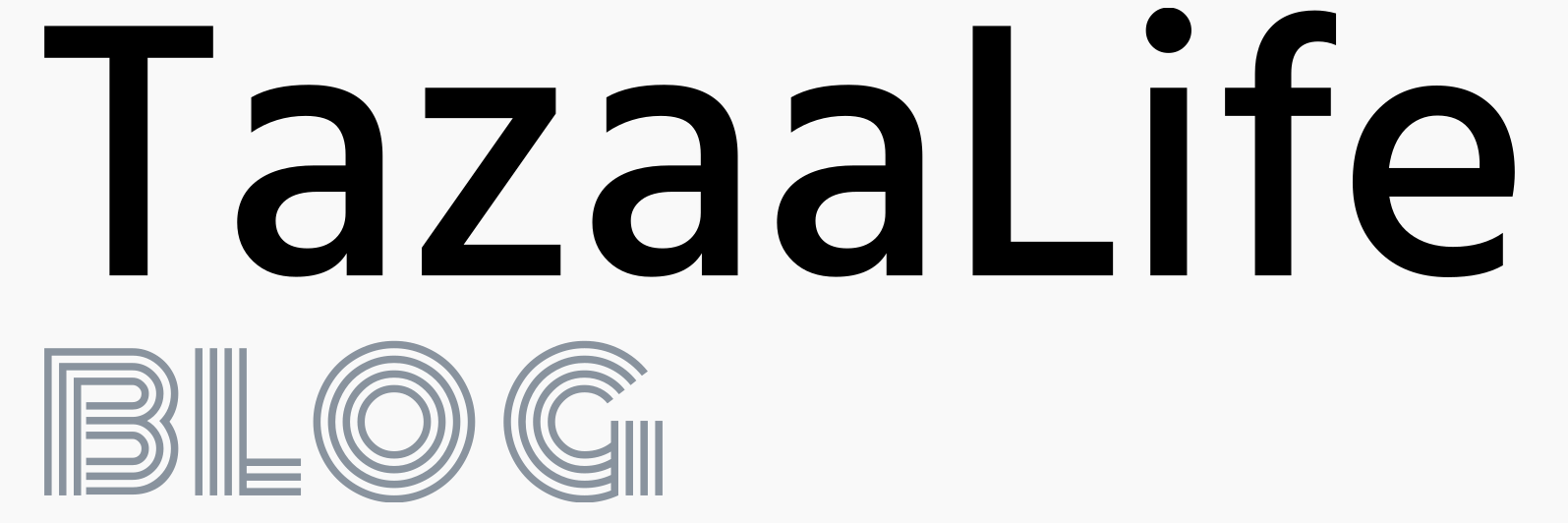Acne, a common skin condition that affects millions worldwide, can be both physically and emotionally distressing. Whether you’re a teenager experiencing the hormonal changes of adolescence or an adult grappling with persistent breakouts, finding effective ways to prevent and reduce acne is a priority for many. we’ll explore various strategies to combat acne, from prevention to targeted solutions, to help you achieve clearer and healthier skin.
Understanding Acne
Before diving into prevention and treatment methods, it’s essential to understand what causes acne. Acne typically occurs when hair follicles become clogged with oil and dead skin cells, leading to the formation of pimples, blackheads, and whiteheads. Hormones, genetics, and lifestyle factors all play a role in the development of acne, making it a complex condition with various contributing factors.
Ways to prevent acne:
Adopt a Skincare Routine: Establishing a regular skincare routine is crucial for preventing acne. Use a gentle cleanser to remove excess oil, dirt, and makeup from your face twice daily. Avoid harsh scrubs, as they can irritate the skin and exacerbate acne.
Choose Non-Comedogenic Products: Opt for skincare and makeup products labeled as non-comedogenic, meaning they won’t clog pores. This reduces the risk of developing acne due to product-related issues.
Stay Hydrated and Maintain a Healthy Diet: Drinking plenty of water helps flush out toxins from your body, promoting overall skin health. Additionally, adopting a balanced diet rich in fruits, vegetables, and whole grains provides essential nutrients that support skin health.
Manage Stress Levels: Stress is a well-known trigger for acne flare-ups. Incorporate stress-reducing activities such as meditation, yoga, or deep breathing exercises into your routine to help keep stress levels in check.
Different ways through which acne can be reduce:
Topical Treatments: Over-the-counter creams and gels containing ingredients like benzoyl peroxide or salicylic acid can be effective in reducing acne. These ingredients help unclog pores and eliminate bacteria, preventing new breakouts.
Prescription Medications: In cases of more severe acne, dermatologists may prescribe topical or oral medications such as retinoids, antibiotics, or hormonal treatments. These targeted approaches address underlying causes and promote clearer skin.
Professional Treatments: Procedures like chemical peels, microdermabrasion, and laser therapy can be administered by skincare professionals to reduce acne and improve skin texture. These treatments aim to exfoliate the skin and stimulate collagen production.
Regular Exfoliation: Incorporating a mild exfoliant into your skincare routine can help remove dead skin cells, preventing them from clogging pores. Be cautious not to over-exfoliate, as it may irritate the skin and worsen acne.
Solutions for Acne:
Holistic Approaches: Adopting a holistic approach to skincare involves addressing lifestyle factors that contribute to acne. Adequate sleep, regular exercise, and a balanced diet can significantly impact skin health.
Healthy Lifestyle Habits: Diet is very important part for skin health. A healthy diet rich in fruits, vegetables, and whole grains can contribute to overall skin health. Along with-it stress is also important when it comes to acne. Stress can exacerbate acne, so incorporating stress-reducing activities like meditation, yoga, or deep breathing can be beneficial.
Consultation with a Dermatologist: Seeking professional advice is crucial for developing an effective treatment plan tailored to your specific skin type and the severity of your acne. Dermatologists can assess your condition, identify triggers, and recommend personalized solutions.
Proper Skincare: Establish a consistent skincare routine that includes gentle cleansing, moisturizing, and sun protection. Avoid harsh scrubs that can irritate the skin.
Photodynamic Therapy (PDT): PDT is a non-invasive treatment that uses light to target acne-causing bacteria and reduce inflammation. It can be a viable option for individuals seeking alternative solutions.
Hormonal Management: For hormonal acne, managing hormonal imbalances through birth control pills or other hormonal therapies may be recommended by healthcare professionals.
